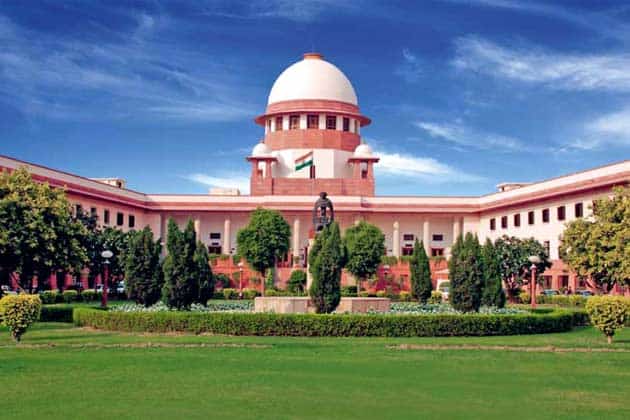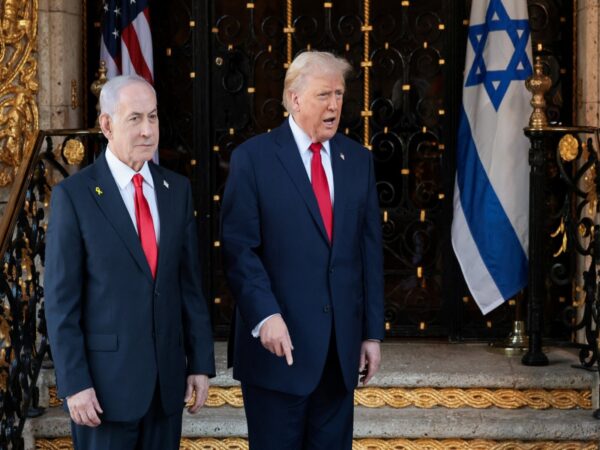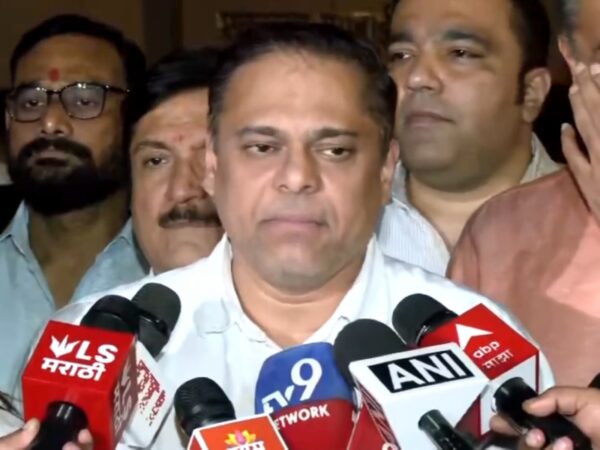
SC On Shaheen Bagh: Public Places Can’t Be Occupied Indefinitely
The Supreme Court on Wednesday, while pronouncing its verdict on a batch of petitions against the Shaheen Bagh protests, held that public places and roads cannot be occupied by people indefinitely for demonstration.
A bench of the apex court, headed by Justice Sanjay Kishan Kaul, pronounced the verdict through video conferencing.
The apex court said that no person can block public places or carriageway to demonstrate. It made it clear that protest is not acceptable at a public place and added that the authorities concerned should see it.
“Public spaces and places can’t be occupied indefinitely whether in Shaheen bagh or elsewhere. The administration must keep such spaces free from obstructions. The protest should go on at the designated places,” the bench held.
The bench had on September 21 reserved its order on a number of petitions seeking guidelines and other directions on the right to protest in wake of the Shaheen Bagh protest where a group of people had gathered for months to protest against the Citizenship Amendment Act (CAA) blocking a key road connecting Delhi and Noida.
The top court was hearing a batch of petitions filed by the petitioner and lawyers-in-persons Amit Sahni and Shashank Deo Sudhi against the protest, which had blocked a high-traffic road causing problems to the commuters, and seeking removal of the protestors.
Thousands of people, including a large number of Muslim women, had staged a sit-in protest at Delhi’s Shaheen Bagh area blocking a stretch of GD Birla Marg since mid-December last year against the CAA and the proposed National Register of Citizens.
The top court had earlier appointed senior advocates — Sanjay Hedge, Sadhana Ramachandran and former bureaucrat Wajahat Habibullah — as interlocutors to talk to the protestors and convince them to demonstrate at an alternate location.
The interlocutors had submitted their report in a sealed cover in February.
The petitions filed in the matter had sought directions to the respondents, including the Centre, for laying down “detailed, comprehensive and exhaustive guidelines relating to outright restrictions for holding protest/agitation” leading to obstruction of the public space. (ANI)



